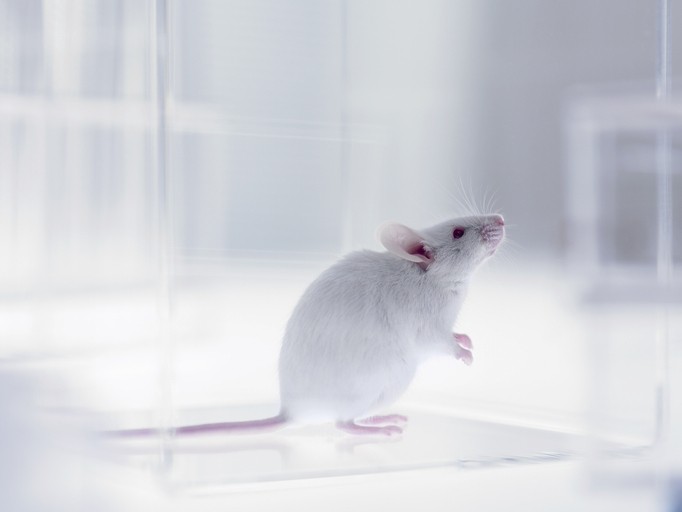Study: Polyphenol-rich oolong tea blunts weight gain in face of high fat diet

The new research was published in the journal Frontiers in Nutrition. It was the work of a group of researchers from the School of Medicine at Nankai University in Tianjin, China.
Researchers: Tea prep method yields distinctive polyphenols makeup
The researchers’ aim was to research the effects of Oolong tea (which they abbreviated as OT). This is a variety of tea that is deliberated oxidized in the presence of strong sunlight (a process referred to as withering). This produces a tea with a characteristic flavor profile, but one that, according to the researchers, has a distinctive mix of polyphenols, too.
To study the effects of this method of tea preparation, the researchers obtained fresh Camellia sinensis (Shuixian cultivar) leaves and made their own oolong research material. They followed the traditional pattern, which included both solar and indoor withering. After brewing the tea it was filtered and dried before being added to the feed of the experimental group of mice.
The resulting product expressed a variety of polyphenols. The most of abundant of these were gallic acid, gallocatechin gallate, epicatechin and epigallocatechin gallate, or EGCG.
The researchers designed a study that included a group eating a ‘normal’ lab mouse diet, another group eating a high fat diet, and a third group that was fed the high fat diet along with the dried OT.
The researchers measured the OT effects with an assay of the serum levels of the following factors: total cholesterol (TC), triglyceride (TG), low-density lipoprotein cholesterol (LDL-C), high-density lipoprotein cholesterol (HDL-C), alanine aminotransferase (ALT), aspartate aminotransferase (AST), lipopolysaccharide (LPS), interleukin-6 (IL-6), and tumor necrosis factor-alpha (TNF-α).
The animals were weighed throughout the 8-week experiment. After euthanasia, portions of the animals’ liver, epididymal adipose, and intestinal tissues were examined. In addition, the contents of the colons were extracted and analyzed to determine the microbial species breakdown.
Less weight gain, better microbiome ratio
The researchers found that the weight gain of OT+HFD group fell almost squarely between that of the normal diet group and the straight HFD group. Total cholesterol and serum triglycerides showed a similar pattern between the groups.
In addition, the livers of the OT+HFD group showed less evidence of the incipient fatty liver disease that developed in the HFD group. The OT intervention also worked to ameliorate the imbalance in the Firmicutes/Bacteroidetes ratio of gut microbiota that was observed in the HFD group.
“In this study, OT intervention ameliorated HFD-induced weight gain, dyslipidemia, impaired hepatic homeostasis, fat accumulation, endotoxemia, and glucose intolerance, thus contributing to the prevention and treatment of obesity and gut microbial dysbiosis,” the researchers wrote.
“This discovery may offer a new nutrition strategy to relieve obesity-related diseases, suggesting OT has great potential to be used as a functional beverage against obesity and metabolic disorders,” they concluded.
Source: Frontiers in Nutrition
DOI: 10.3389/fnut.2022.937279
Polyphenol-rich oolong tea alleviates obesity and modulates gut microbiota in high-fat diet-fed mice
Authors: Li A, et al.









